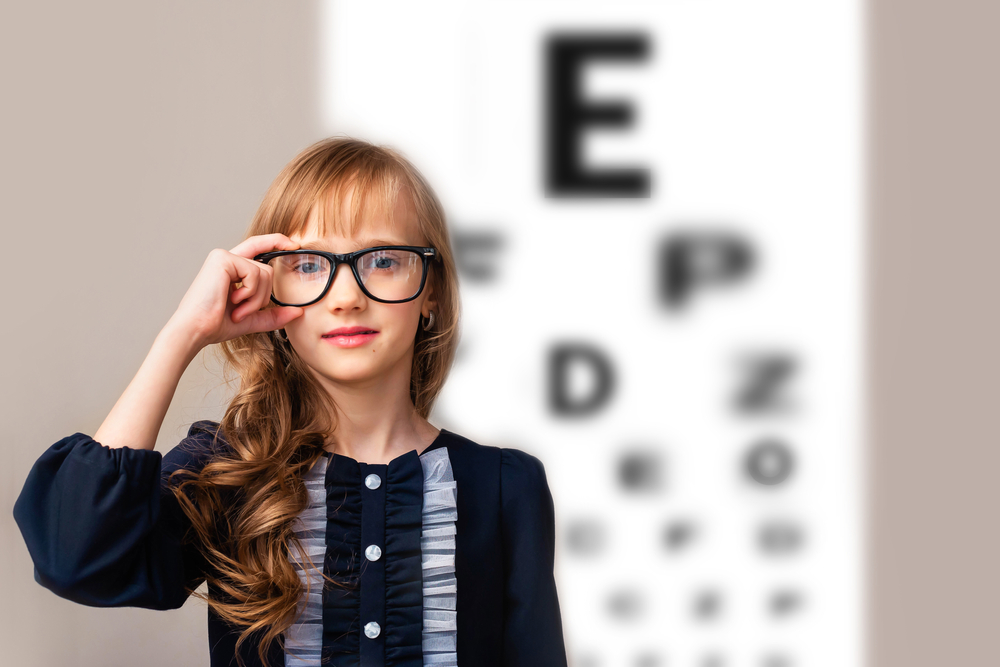
Myopia is a growing global health concern, with its prevalence steadily increasing worldwide. In fact, the World Health Organization estimates that by 2050, nearly 50% of the global population will be affected by myopia. This dramatic rise in myopia rates is particularly concerning, as it can lead to a higher risk of developing sight-threatening eye conditions later in life.
The Impact of Myopia on Eye Health
Myopia is not just a simple refractive error; it can have significant implications for your overall eye health. As the degree of myopia increases, so does the risk of developing various eye problems, such as:
- Retinal Detachment: The stretching of the eye that occurs with higher levels of myopia can increase the risk of retinal detachment, a serious condition that can lead to permanent vision loss if not treated promptly.
- Cataracts: Myopia has been linked to an increased likelihood of developing cataracts, a clouding of the eye's natural lens that can impair vision.
- Glaucoma: High myopia is associated with a higher risk of developing glaucoma, a group of eye disorders that can damage the optic nerve and lead to vision loss.
- Macular Degeneration: The stretching of the eye that occurs with myopia can also contribute to the development of age-related macular degeneration, a leading cause of vision loss in older adults.
Addressing myopia and its progression is crucial to maintaining long-term eye health and preventing these sight-threatening conditions.
Risk Factors for Myopia Development
While myopia can develop due to a combination of genetic and environmental factors, certain risk factors have been identified that may increase an individual's susceptibility to the condition:
- Family History: Children with one or both parents who have myopia are more likely to develop the condition themselves.
- Excessive Close-up Work: Spending a significant amount of time engaged in activities that require close-up focus, such as reading, using digital devices, or playing video games, can contribute to the development and progression of myopia.
- Lack of Outdoor Time: Studies have shown that spending less time outdoors and more time indoors can increase the risk of myopia development and progression.
- Ethnicity: Certain ethnic groups, such as those of Asian descent, have a higher prevalence of myopia compared to other populations.
- Age: Myopia typically develops during childhood and can continue to progress until the late teens or early 20s.
Understanding these risk factors can help you or your child take proactive steps to manage and control myopia, potentially reducing the long-term impact on eye health.
Why Myopia Control Matters
Myopia control has become increasingly important in recent years due to the growing prevalence of the condition and its potential long-term consequences. By actively managing myopia, you can not only improve your current vision but also reduce the risk of developing sight-threatening eye conditions later in life.
One of the most effective methods for myopia control is Orthokeratology, also known as Ortho-K. This non-surgical, reversible procedure involves the use of specialized, rigid gas-permeable contact lenses that are worn overnight to temporarily reshape the curvature of the cornea. Ortho-K has been shown to effectively slow the progression of myopia in children, making it a valuable tool for long-term eye health.
Another effective method for managing myopia is the use of low-dose atropine eye drops. Atropine is a medication that can be used to temporarily relax the focusing muscles of the eye, which can help slow the progression of myopia. Clinical studies have shown that the use of low-dose atropine eye drops can significantly slow the progression of myopia in children, with the effects lasting even after the treatment is discontinued.
In addition to Ortho-K and atropine eye drops, another effective method for myopia control is the use of dual-focus soft contact lenses. These specialized lenses are designed to slow the progression of myopia by providing a unique optical design that influences the eye's growth and development. The lenses create a specific optical profile that induces a slight amount of peripheral defocus, which has been shown to signal the eye to grow less and prevent further myopia progression. Dual-focus soft contact lenses are designed for comfortable, all-day wear, providing clear vision while also addressing the underlying causes of myopia.
Taking Action Against Myopia with the Help of Livingston Eye Care Associates
As the prevalence of myopia continues to rise globally, the importance of effective myopia control has never been more critical. By understanding the causes, risk factors, and potential consequences of myopia, you can take proactive steps to safeguard your or your child's long-term eye health.
Take control of your myopia by schedule a consultation with Livingston Eye Care Associates to explore the most effective myopia control options for you or your child. Visit our office in Hamburg Township, Michigan, or call (810) 231-5800 to book an appointment today.










